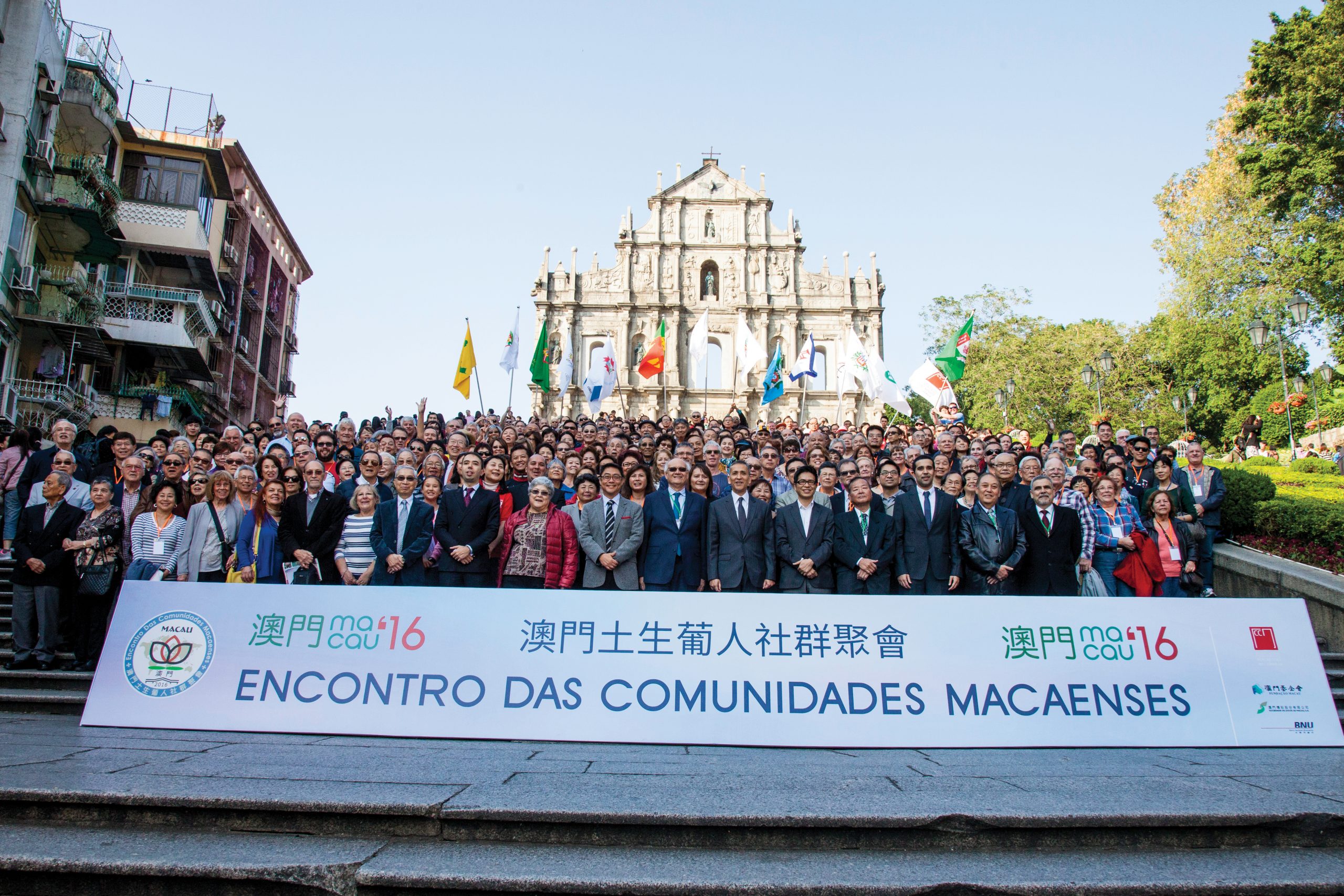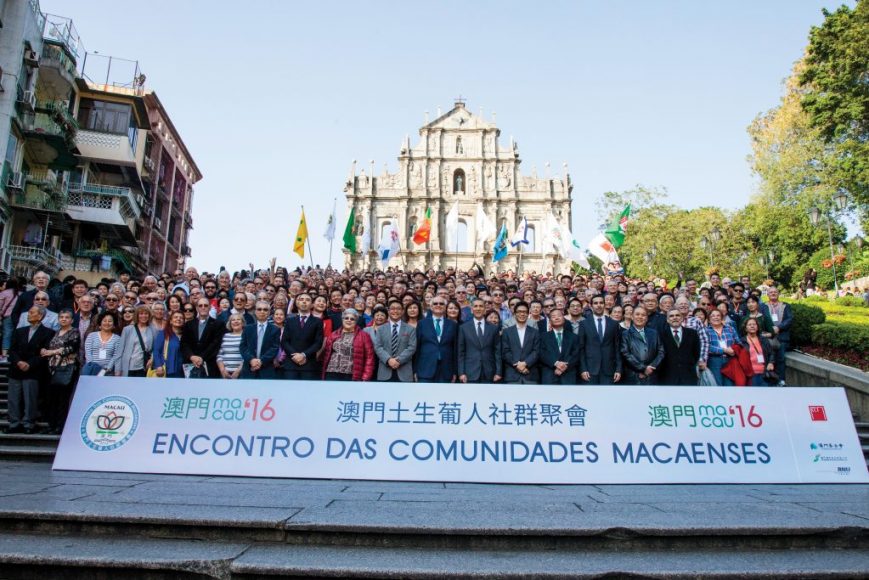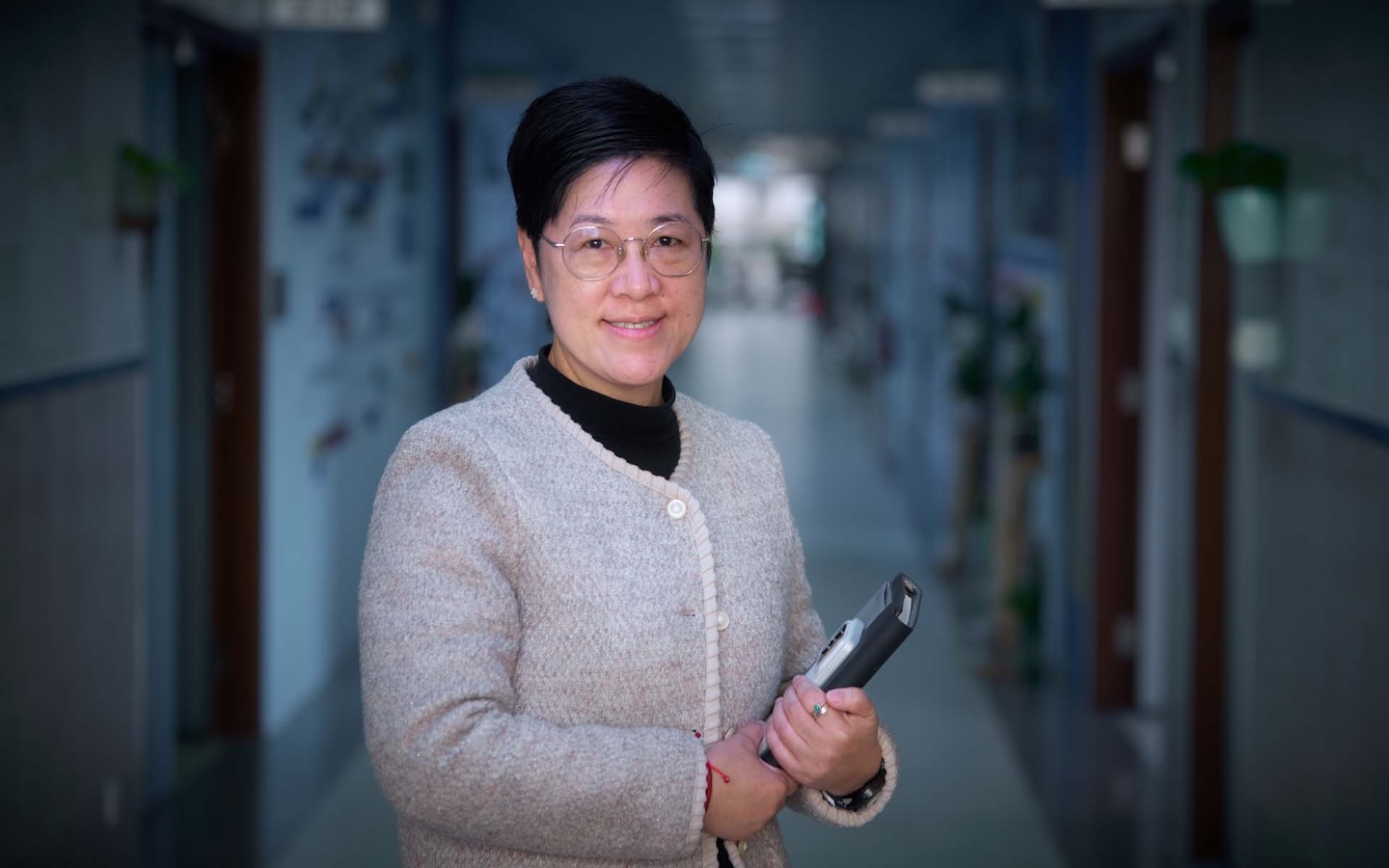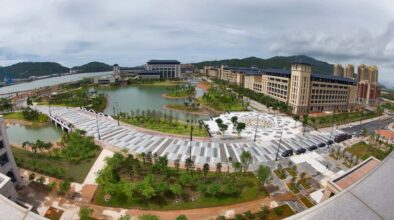TEXT José Luís de Sales Marques, President of the organising Committee of Macau 2016 and President of the Permanent Council of Macanese Communities
Macanese community meeting calls for more coordination among Macao Houses and increased cooperation with the city
From November 26th to December 2nd 2016, over 900 members of the Macanese diaspora met with local fellow countrymen, friends and relatives in Macao, for the “Macau 2016 – Macanese Community Meeting,” better known among the Macanese as “Encontro,” the Portuguese word for meeting.
The “Encontro” happens every three years and it gathers Macanese from all over the world to celebrate their sense of belonging and love to Macao. As Chief Executive, Chui Sai On, rightly said in his opening speech for the Encontro 2016 “no matter where you reside, Macao is always your hometown!”
The Encontro 2016 was organised by the Council of Macanese Communities (CCM is its Portuguese acronym), and featured a diverse program designed to give participants that warm feeling of homecoming, reunion with family and friends, delicious “comisaina,” and discovering what happened in Macao’s recent developments and the dynamic change of its regional surroundings.
The programme of events included a Chá-Gordo reception, the feast of Macanese Cuisine that was organised with the expert hand of the Brotherhood of Macanese Gastronomy and the contribution of several Macanese chefs; a visit to the UNESCO World Heritage Historic Centre providing participants with an updated vision of heritage conservation; and revisiting places of collective memories. One of these places is the St. Joseph Seminary, where many Macanese had their secondary education and which was recently added to the tourism guide as a must-see museum.
Most recent works on the Macanese families, identity and diaspora were presented by their authors, researchers and editors in two cultural sections to full house audiences at the University of Macau in Hengqin island and at the Macau Science Center. Genealogist Jorge Forjaz stole the show for the first session as he introduced the second revised edition of his monumental work on Macao genealogy “Famílias Macaenses.” Prof. Susana Barreto shared the findings of her research work entitled “Fading Legacy of Macau -– Towards a collective Visual Identity,” in which she highlighted the new Macanese visual identity as “an incorporation of Portuguese motives within a Chinese framework.” Culture and cuisine were highlighted by the innovative contribution of Ana Isabel Dias, author and presenter of “Uí di Saboroso,” the popular television programme dedicated to Macanese Cuisine produced by TDM (the Macao television broadcaster). Last but not least, the Office of Infrastructure Development – a government agency that manages the building of public infrastructures briefed the audience about their most recent achievements.
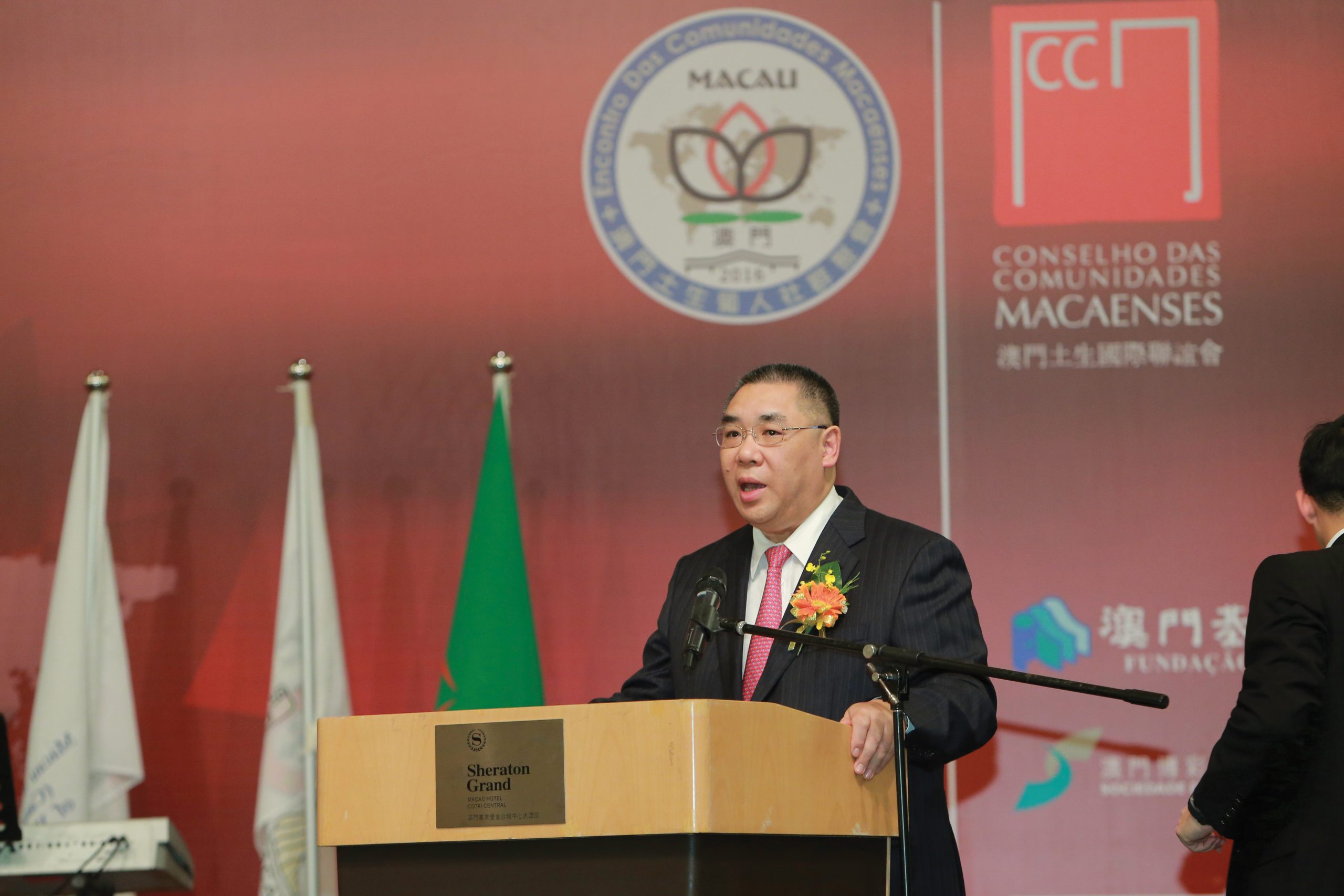
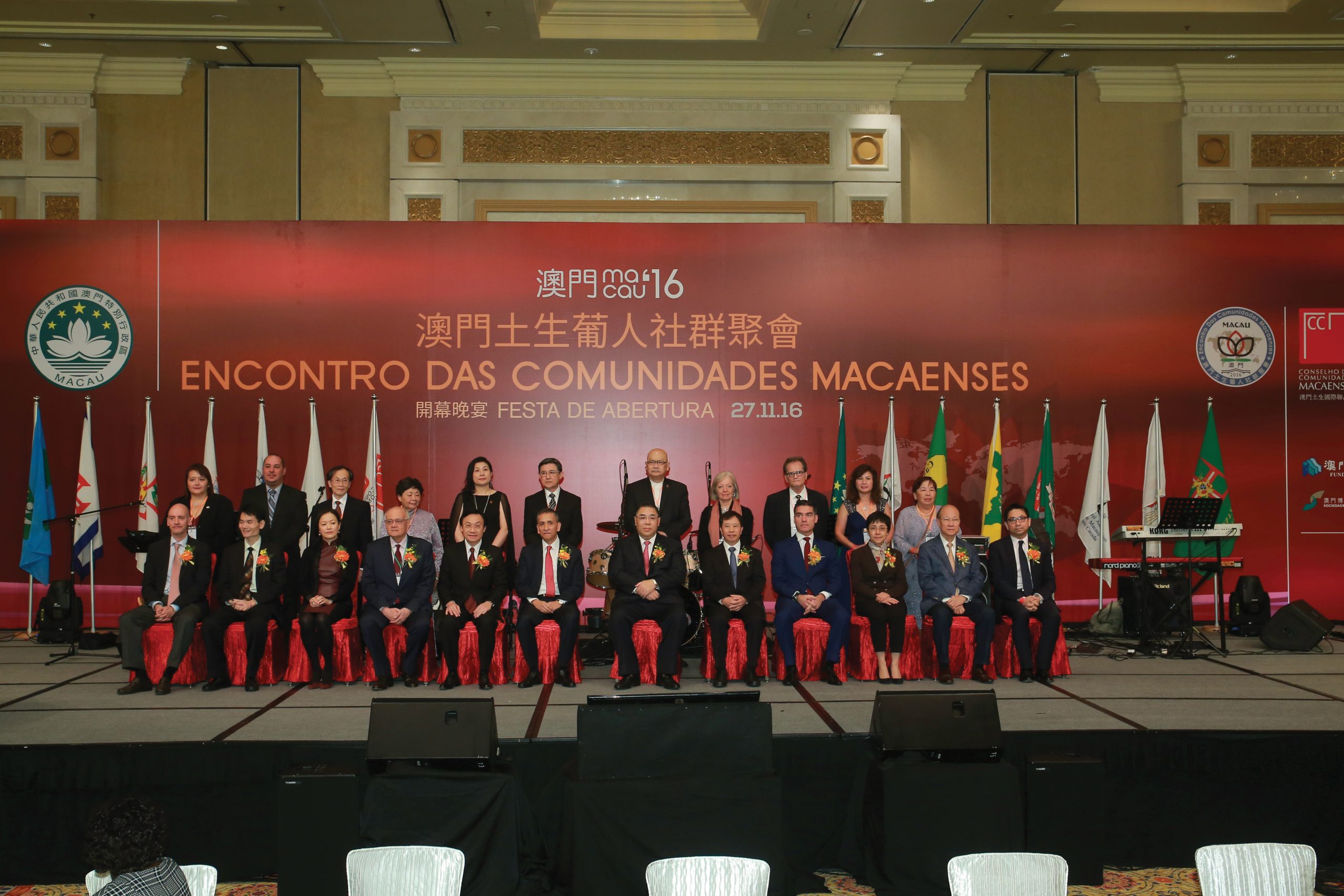
Making use of his training as a scientist, Prof. Henrique d’Assumpção (Quito) enlightened audiences on how to maximise the search functions of his web site dedicated to Macanese genealogy during the second cultural session organised by International Institute of Macao (IIM). Issues of identity dominated the talk by Jose Basto da Silva, project manager of the survey conducted by ADM (Associação dos Macaenses), about self-perception of the Macanese. According to this study, gastronomy and traditions are the main markers of the Macanese culture. Next, the Macau Foundation introduced their landmark database called Macau Memory, and, last but not least, Dr. Jorge Rangel President of International Institute of Macau (IIM), announced their latest efforts through the publishing of several Macao themed books.
The Associação de Jovens Macaenses, which is a CCM member since 2013, organised an event for the younger participants of the Encontro, with an interesting showing of self-made videos posted by several members of the association.
A visit to neighbouring Guangzhou was introduced in the program for the very first time to familiarise participants on modern developments of this metropolis in Southern China, since Macanese have special ties with the southern Chinese Lingnan culture.
The opening and closing dinners were, as they always are, memorable occasions for old friends and families to bond together, while listening to old and new hits by Macanese bands such as the Thunders and Tuna Macaense. Both events, each attracting over 1,400 participants, proved to be a well-attended program of events.
As in every Encontro, tradition is always present: a solemn mass was officiated by Bishop Lee at the Cathedral – a living testimony to the Catholic religious following of Macanese everywhere in the world.
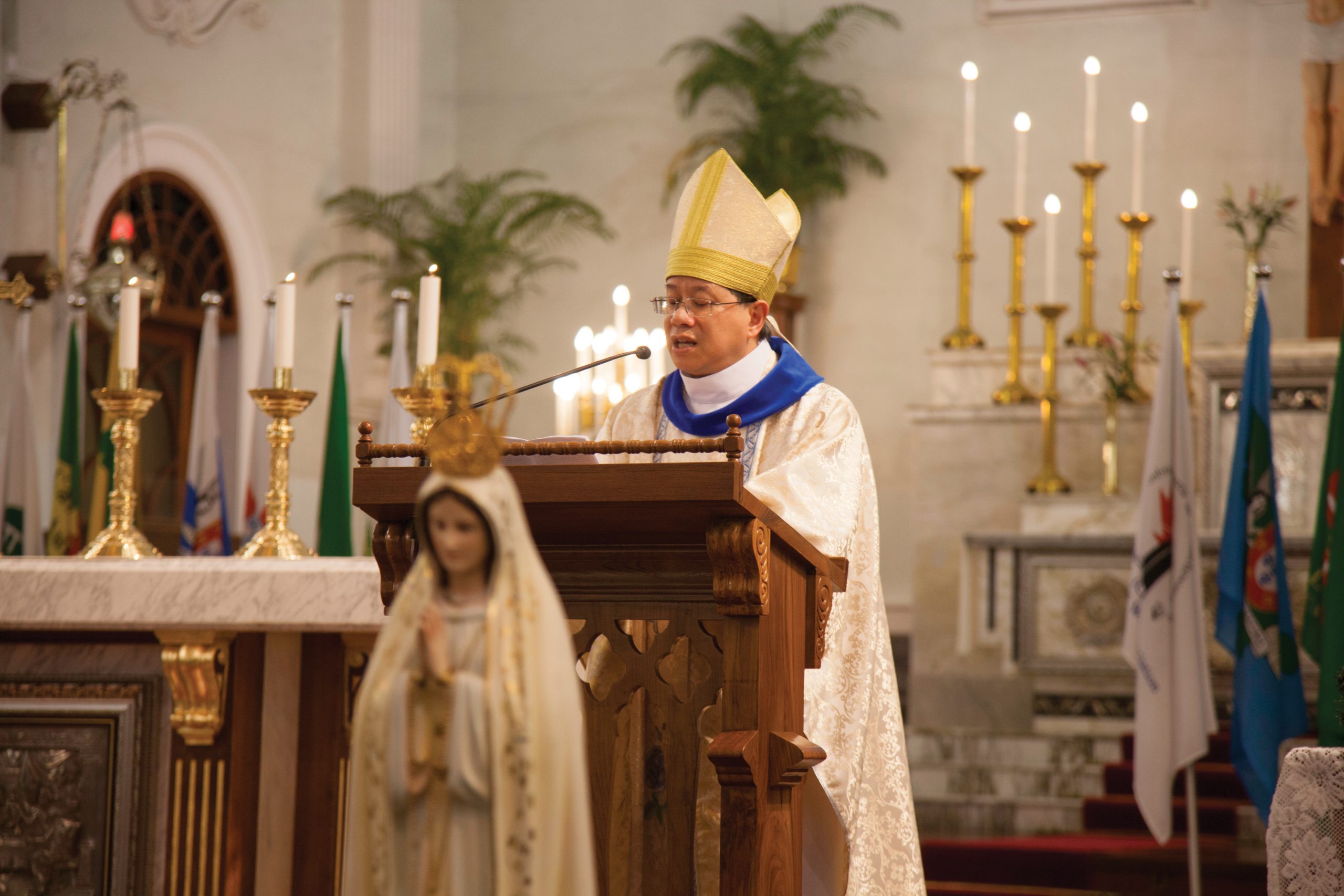
CCM, the worldwide body was founded in 2004 to coordinate common activities of the Casas de Macau (Macao Homes) and Macanese associations around the world, including those in Macao. CCM has a membership of nineteen Casas (homes), Clubs and Associations, of which thirteen are from the Diaspora and six are Macao based. All members are organisations legally incorporated in their respective jurisdictions. The funding of CCM’s activities comes mainly from the Macao government, through Macau Foundation, with occasional contributions by other public and private entities.
Founding members of CCM are Associação Promotora da Instrução dos Macaenses, together with Associação dos Macaenses, Club de Macau, Associação dos Aposentados, Reformados e Pensionistas de Macau, Holy House of Mercy, IIM, Clube Militar de Macau and twelve Macao houses and associations around the world. The Confraria da Gastronomia Macaense and Macanese Youth Association (AJM) were co-‑opted in 2013.
Macau homes, the term that generally refers to casas, clubs and associations abroad, are spread according to patterns of the Macanese diaspora location to Shanghai and to Hong Kong in the 19th century, and later to the United States of America, Portugal, Brazil, Canada, Australia and the United Kingdom.
The newest member to join CCM – Macau Home (United Kingdom)-‑ was co-‑opted during 2016 General Council Meeting and was established in 2015 in the city of Northampton (United Kingdom). The elder brother of this unique and universal family is Lusitano Club of Hong Kong founded in 1866, which celebrated its 150 years of history last December 17th 2016, with a black-tie banquet at its iconic headquarters at 16, Ice House Street, in the very heart of the Hong Kong Central district. União dos Macaenses Americana, Inc. (UMA, Inc.), was founded in 1959 in California, United States of America. It was the first Macanese association to be established away from Macao and Hong Kong, preceding all other such organisations, including the Casa de Macau in Portugal (1967), that has just completed 50 years of its historic existence. Sunny California is also home to two other Macanese associations: Lusitano Club California (1984) and Casa de Macau (United States of America) Inc. Further north in the Pacific Coast are the Macau Cultural Association Western Canada (1989) and Casa de Macau Club Vancouver (1995) were opening their doors as more Macanese from Macao and Hong Kong chose to settle down in Canada. Toronto and its surrounding neighbourhoods attracted many Macanese as well, leading to two more associations: Macau Club Inc. Toronto (1993) and Casa de Macau Toronto (1995). During the eighties and early nineties, Australia was another favoured destination for the Macanese. Casa de Macau Inc. Australia was founded in the early nineties with a national membership. Much earlier, in the sixties, seventies and eighties Brazil charms and opportunities were calling young Macanese from both Hong Kong and Macao to São Paulo and Rio de Janeiro. Casa de Macau São Paulo was founded in 1989 soon followed by Casa de Macau Rio de Janeiro (1991).
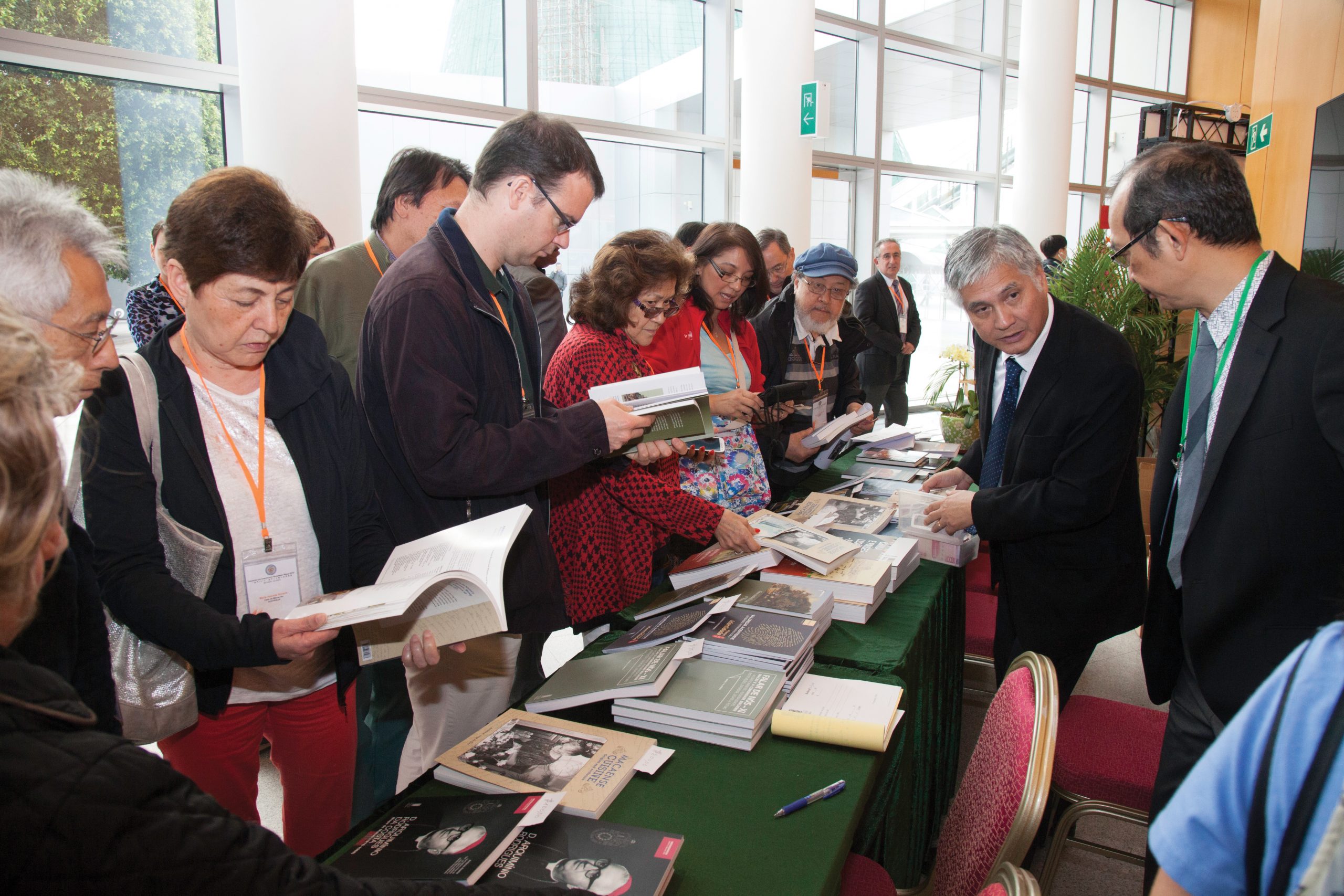
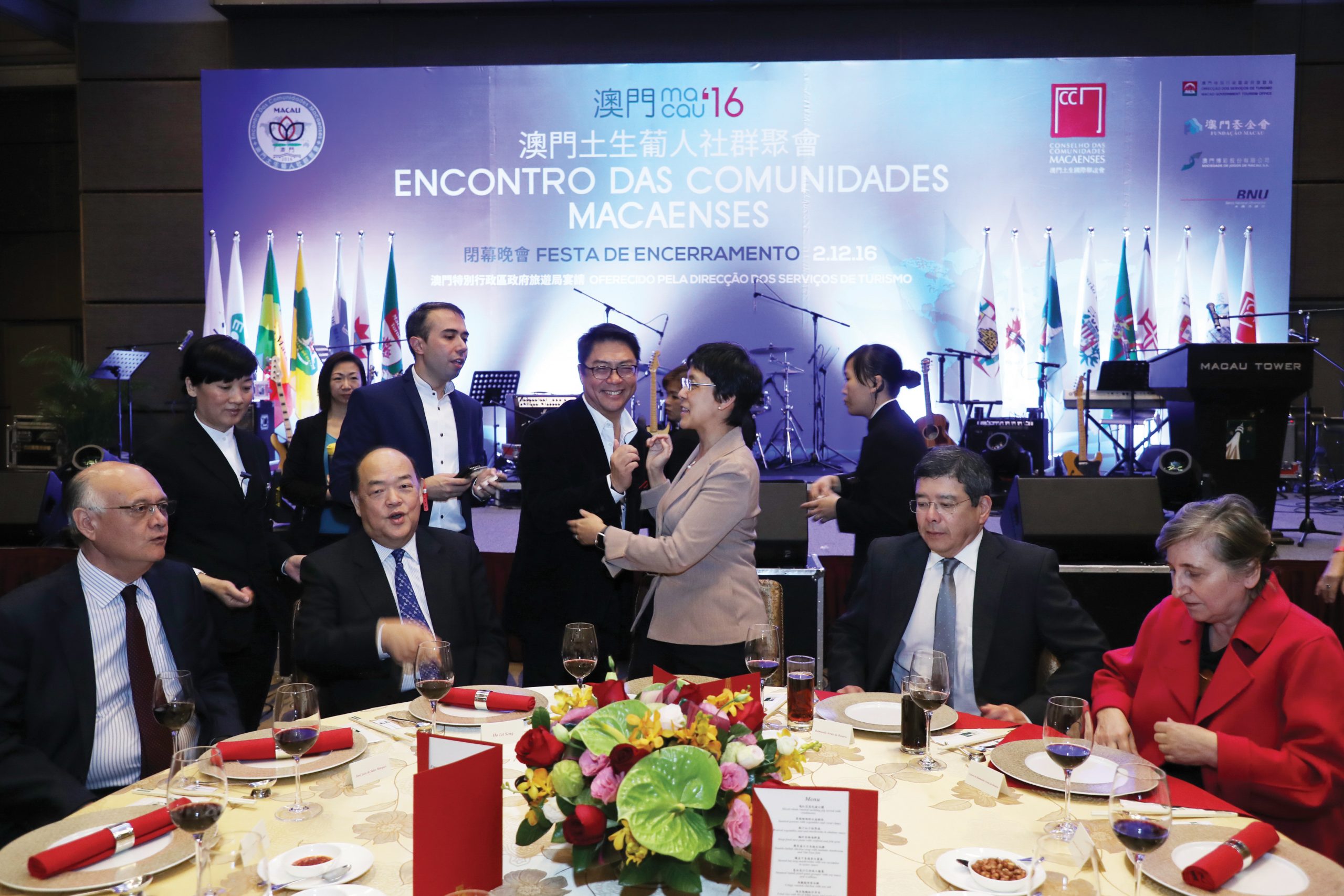
António M. Jorge da Silva, the illustrious architect doubling as historian, recently wrote a thorough essay entitled Macaenses – The Portuguese in China (IIM, 2015), in which he explains the expansion of Macanese diasporas association because of their “living away from their familiar community clusters, an initial sense of insecurity and need for cultural consociation came about for some.” However, as families became better integrated in those foreign communities and new generations of Macanese born and raised abroad emerged, issues of identity became central to Macao houses as well as to the whole of CCM membership. How to sustain, generations after generations, the sense of belonging to Macao and the main traces of Macanese culture? Other issues, such as attracting new membership, generational changes, finding sustainable sources of financing, and being a more integral part in promoting Macao abroad are also matters of concern.
When setting its sights for the future, the CCM’s General Council identified several priorities areas to be followed up in years to come, such as improving connections between the CCM Permanent Council, its Executive body and its members, namely by promoting and circulating best practices and experiences developed by the Macao houses. These include such as recruiting new members and offering diverse activities to attract the younger generations of Macanese; promote the learning of the Portuguese and Chinese languages; develop structure dialogue with some Macao government bodies such as the Cultural Affairs Bureau, Macao Government Tourism Office, Macau Foundation, Forum Macau and Macao Trade and Investment Promotion Institute. There is the need to continually search for areas of cooperation where the network of Macao houses could be servicing MSAR needs in promoting tourism and culture abroad. The CCM needs also to explore the possibilities of using the Macao houses, its members and the overall network of CCM to support Macao government in developing Macao as a world tourism and leisure centre, and as a business and trade services platform between China and the Portuguese-‑speaking countries.
